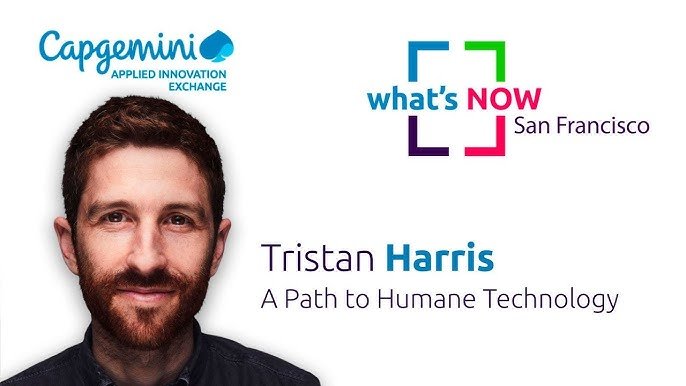Have you heard of Humane Technology?
There are things you can only discover deep into the night and by accident. Suddenly you feel like you've stumbled upon something big, and you must share it. You are probably smiling right now if you know the feeling because such moments are priceless, and ones we remember forever – like the night I stayed up till 3 a.m. intaking every bit of information I could find about the Humane Technology movement. Keep reading to learn why.
The conflict of interests
Call me an optimist, but I believe most tech companies start with a pure will to make our world better. Every successful startup intends to solve a real problem for real people.
The challenge appears when the startup wants to grow, which requires expanding the user base, fighting competition, and making money. When facing these challenges, every company is constantly in conflict between doing good for the users, creating a profitable business model, and expanding their market share.
Finding a healthy business model is incredibly tough because the market is used to free products. If we don't pay for the product – we are the product. Even knowing this, most people still tend to prefer the free stuff.
In our competitive world, you must be louder, prettier, or shinier than the others. This is problematic, especially when it comes to the children's market. How do you stay strong and not fall into the temptation to use dangerously vicious – but effective – techniques and tricks for user acquisition, increasing retention, and monetization based on abusing the weaknesses of human psychology and children's naivety?
What is the alternative? How can you build a business model that also strengthens children's development? I want to believe that if given the choice, every company would embrace such a change. Introduction to Humane Technology
Every successful product design modifies the habits of its users. EdTech products must promote habits that enhance learning mechanisms. EdTech products for children require an even more mindful approach to habit creation due to its power to influence young minds.
I recently learned about an initiative led by Tristan Harris, the Center for Humane Technology, which is catalyzing a comprehensive shift toward humane technology – operating for the common good, and strengthening our capacity to tackle our biggest global challenges.
You might know Harris from a popular Netflix documentary, "The Social Dilemma.” In this video,Harris talks about new paradigm principles for humane design.
According to Harris, we all should be concerned about our technology use. Everyone is negatively affected by the current paradigm principles that the entire tech world relies on. Even if you are a clever consumer and manage your digital diet well – you are not immune. We live in a shared environment where all systems are interconnected. We interact with our family members and friends, and the damage circulates our communities as stealthily as breath.
The Center for Humane Technology invites us to unite and rebuild the system together. It offers toolkits for youth, parents, educators, policymakers and technologists, and provide information via movies, a podcast, research, courses, and much more. It’s a promise of change. I'm in. Are you?
Let's make humane learning technology
So far, EdTech companies play by the same rules as other tech companies. They are evaluated by the same standards discussed above. How can we integrate these principles of humane design into the LXD? How can we convince the investors and the management to partake in positive change?
One of the reasons I started this blog was because I felt that most tech solutions were ruining the natural mechanisms of learning in children rather than enhancing them. I want to help children use technology as a learning tool. After listening to Harris discuss the challenges of “humane” business strategies given our current situation, it became clear that the EdTech companies should be the first to change. Children come first!
By working to enhance Natural Learning Mechanisms, we can combat the damage done in the existing market. This is key to a healthy online learning environment in the tech industry.Let’s be part of this global change! Enroll in the Foundations of Humane Technology free course, and let's craft more humane learning experiences for our children.
